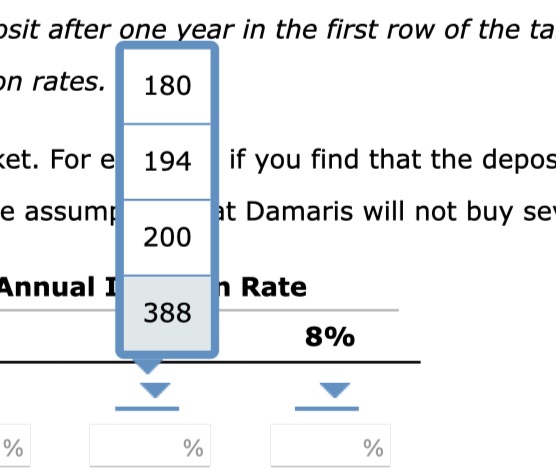{The Psychology Behind Betting Habits: {Why} {People's} {Compulsive} {â¦
íì´ì§ ì ë³´

본문
One of the main reasons why people gamble is the potential for reward and the thrill of taking risks. Many gamblers are driven by the possibility of achieving a sense of accomplishment. This is because the brain releases a powerful neurotransmitter called endorphins when we experience a pleasure or reward. Gambling activates this dopamine release, creating a sense of euphoria that can be highly addictive.
Another reason why people gamble is to avoid feelings of overwhelm. For many individuals, gambling becomes a way to indulge in a little "me time". The temporary release of sense of relaxation that comes with gambling can be a welcome respite from the stresses of work, relationships, and other responsibilities.
Gambling can also be a social activity that brings people together. Many people enjoy the social interaction of betting on sports or playing cards with friends. This social aspect of gambling can create a sense of community that is often lacking in other areas of life.
Furthermore, many gamblers are driven by a desire to prove themselves. For example, someone who has been dealing with financial difficulties may see betting as a way to recoup losses. This can lead to a vicious cycle of chasing losses, which can become increasingly difficult to break.
Additionally, some people gamble because of a condition known as the false sense of hope. This occurs when gamblers experience a close call, which can give them a false sense of hope to continue betting. The near miss phenomenon can be a powerful trigger for further gambling, as people become convinced that the next bet will be the one that finally brings them success.

Finally, there is the matter of perception of reality, particularly the gambler's fallacy. This occurs when individuals mistakenly believe that a chance occurrence is more likely to occur because it has not happened recently. For example, someone who has not experienced a successful outcome in a while may believe that the event is "due" for a change. This can lead to a habit of action that is based on misconceptions rather than rational thinking.
In conclusion, while the thrill of the win are certainly powerful motivators for many gamblers, ساÛت ÙÙت بت there are deeper psychological forces at play. From financial struggles to psychological influence, the reasons why people gamble are complex. By understanding these factors, we can better appreciate the psychological pull of gambling and perhaps find new ways to help individuals overcome compulsive behavior.
- ì´ì ê¸í í ì¬ì´í¸ [ ODDSBADA.COM ] ì¤ì¦ë°ë¤ 25.06.19
- ë¤ìê¸ì¤ëìë ¸ëë°© [O1O=2572=3859] ë¶ì²ê°ë¼ì¤ì¼ê°ê²© ë¶ì²ê°ë¼ì¤ì¼ì¶ì² ë¶ì²ë£¸ ë¶ì²ë£¸ì´ì´ì¤ ë¶ì²ìë ¸ëë°© 25.06.19
ëê¸ëª©ë¡
ë±ë¡ë ëê¸ì´ ììµëë¤.
